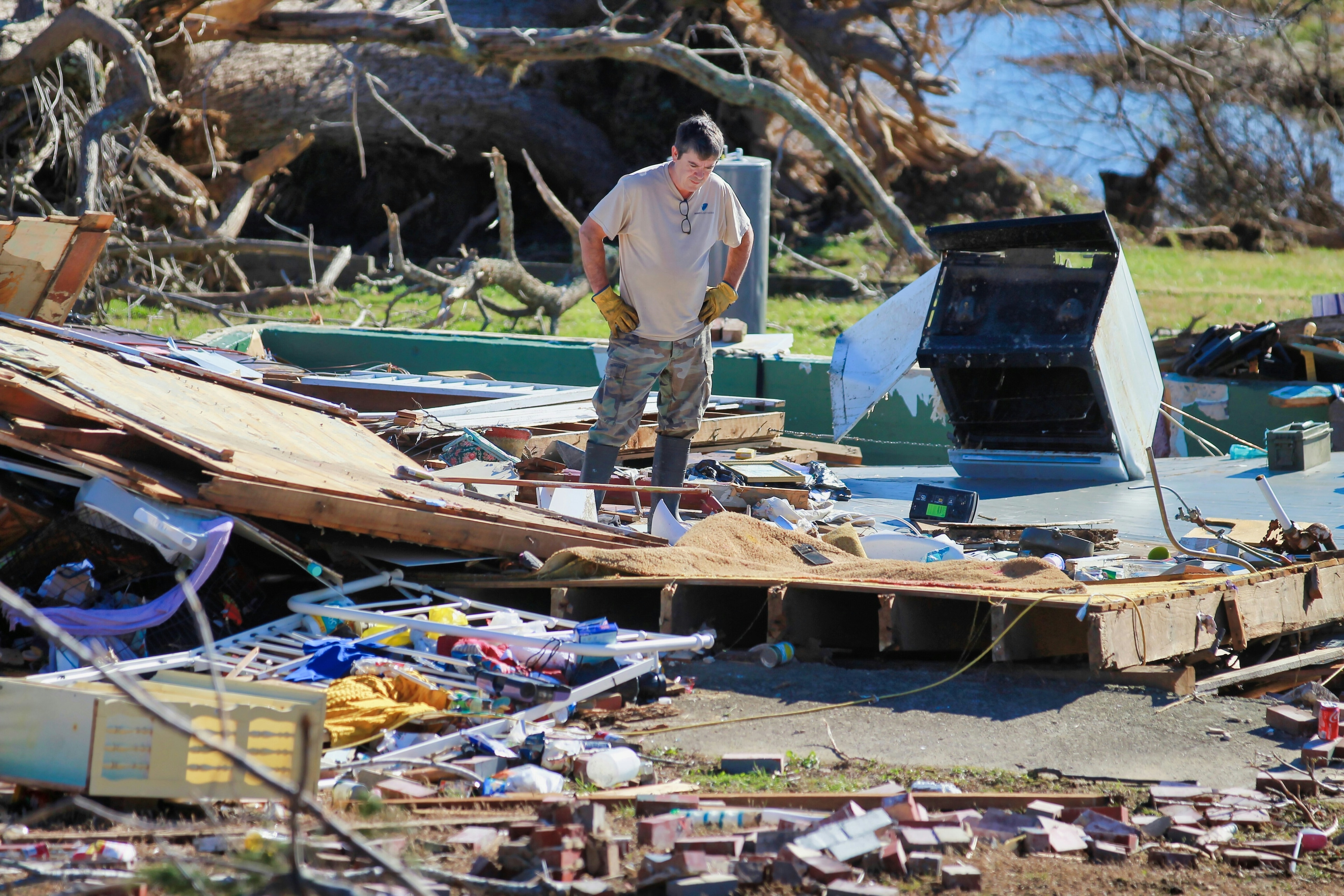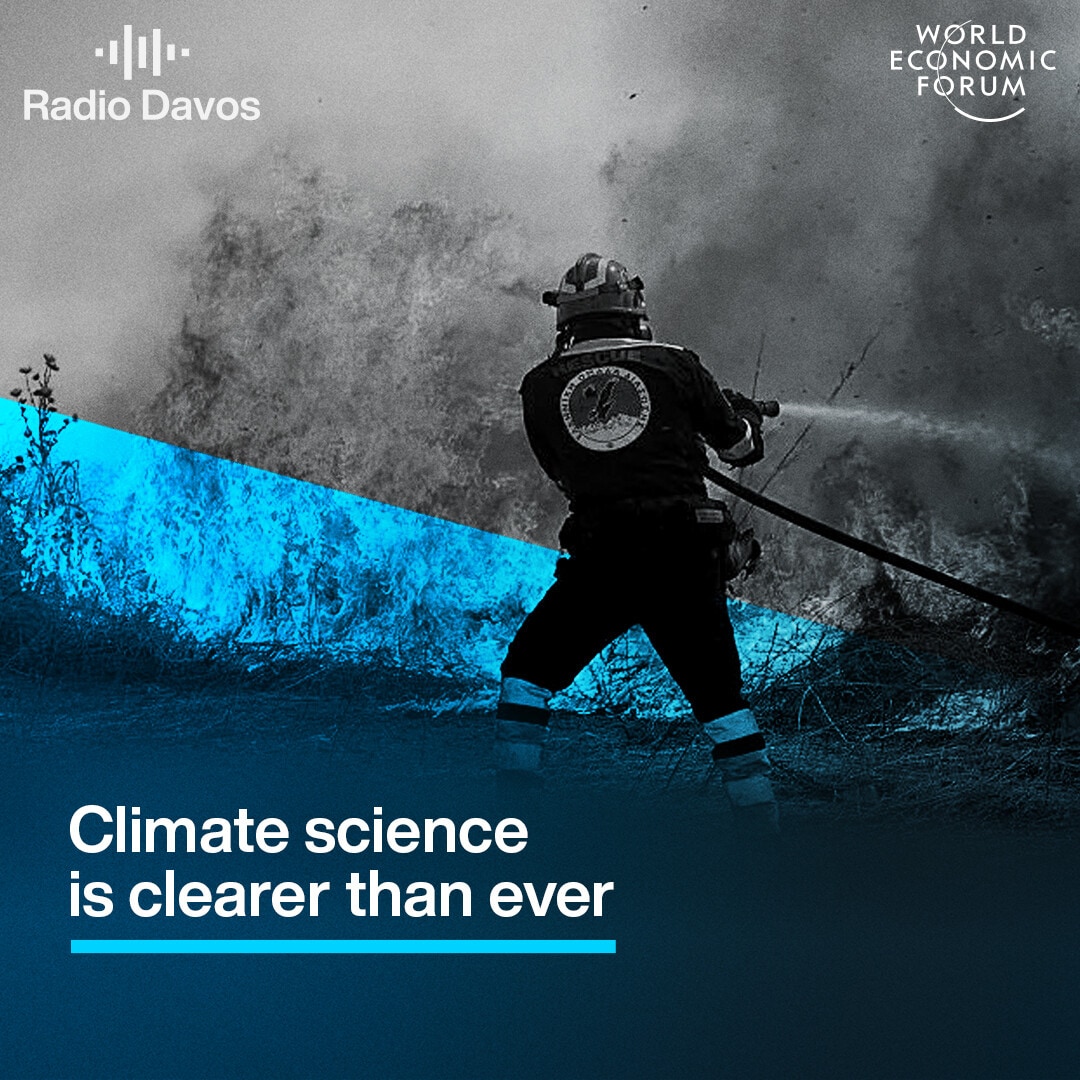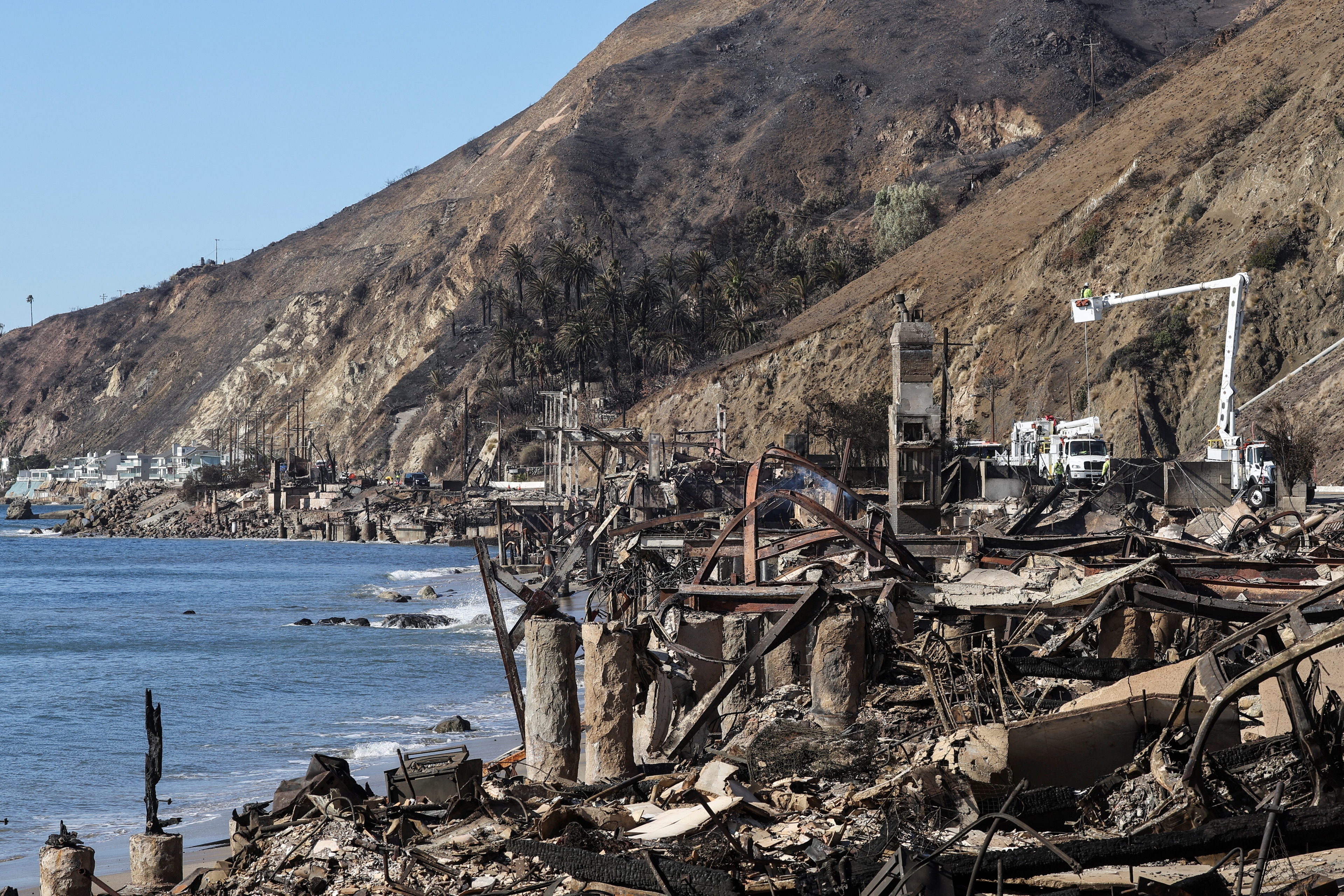Why we must attack black carbon air pollution to protect the climate

Tackling black carbon could be key to significantly reducing rate the world heats.
Image: Unsplash/Trinity Treft
- Cutting black carbon and other short-lived climate pollutants can quickly reduce global warming, offering a faster solution than cutting carbon dioxide (CO2) alone.
- Warming from black carbon is helping drive the Arctic towards climate disaster while also harming people and other places, requiring urgent mitigation.
- Mandatory measures are needed at regional and global levels to cut black carbon and other short-lived super pollutants to avoid catastrophic climate tipping points and save millions of lives by cleaning the air.
Anyone driving behind an old diesel truck going uphill has seen – and smelled – one of the most important yet neglected causes of climate change. The dark cloud streaming out of its tailpipe is full of black carbon, often known as soot.
Pound for pound black carbon is 1,500 times more powerful than CO2 in heating the planet. It’s particularly devastating in the Arctic, where it helps drive warming four times faster than the global average. It also contributes to over 10 million deaths every year from fossil-fuelled outdoor air pollution and indoors from dirty cooking fuels.
Yet, it holds the key to preventing climate change from escalating. It is one of four short-lived super pollutants that drop out of the atmosphere fast when no longer emitted, enabling the rate of warming to be rapidly reduced.
Methane, hydrofluorocarbon refrigerants, ground-level ozone and black carbon account for nearly half of today’s warming. Slashing them through available, cost-effective measures cuts the rate of global warming by half and two-thirds in the Arctic.
Races against time that we must win
Reducing CO2 takes a long time to take effect because some of it remains in the atmosphere for centuries. The short-lived pollutants, by contrast, can fall out within days or up to a decade and a half. Tackling them simultaneously avoids four times more warming by 2050 than cutting CO2 alone.
This is important because the world is locked in two races against time. The first is the familiar decades-long marathon to decarbonize the world’s economies. But we also need to win a near-term sprint if we are to limit exceeding the 1.5 degrees Celsius danger level, beyond which await a series of irreversible and potentially catastrophic climate tipping points. Cutting fast-acting super pollutants is the only way to win the sprint.
Unlike the other super pollutants, black carbon is not a gas but a form of particulate matter released by burning fossil fuels, wood and other biomass. It falls out within five days. When it does so in the Arctic, it darkens reflective snow and ice, causing them to absorb heat instead, accelerating warming and melting in a self-amplifying feedback loop.
Until recently, the Arctic has served as an essential line of defence against global warming since it safely reflects so much solar radiation back into space. But half of the reflective summer sea ice is gone; when the rest goes, it will add 25 years’ worth of current CO2 emissions to warming.
Leveraging air pollution and climate agreements
Tackling black carbon is a quick“win-win” on climate and air quality. Solutions exist to cut 70% of its emissions by 2030. They include reducing diesel emissions from transport, swapping out biomass fuels for cleaner cookstoves and banning heavy fuel oil in the Arctic.
Given the importance of the Arctic in regulating climate change, we need to move immediately to protect this region from black carbon. The Arctic Council set a voluntary target of a 25-33% reduction below 2013 levels by 2025. Member countries are on track to meet it collectively, even though Russia is lagging.
Many governments are also starting to include the super pollutants in their voluntary nationally determined contributions to cut emissions under the Paris Agreement. Methane emissions are being addressed under the voluntary Global Methane Pledge.
Drastically cutting black carbon and other climate super pollutants is the only known way to slow warming in the near term and we need to exploit this advantage to the fullest.
”From voluntary to mandatory action
But voluntary promises are not enough. We need mandatory action. Some places have succeeded in reducing black carbon through air pollution laws. California has been a pioneer, while the US Clean Air Act has had success at the federal level. Similarly, the UN Economic Commission of Europe has a long history of reducing air pollution under the Convention on Long-Range Transboundary Air Pollution. Hydrofluorocarbon refrigerants are being reduced under the mandatory phasedown schedule of the Kigali Amendment to the Montreal Protocol.
We need a similar mandatory approach to the superpollutants. A mandatory agreement for black carbon would be a good start, focusing initially on the Arctic and South Asia, a black carbon hot spot with teleconnections to the Arctic. Melting Arctic ice can drastically weaken ocean currents, causing faster sea-level rise across the US East Coast and parts of Europe and leading to erratic and unsustainable changes to the Indian summer monsoon, which supports the livelihoods of one billion people. Unless we protect the Arctic, there’s a risk that its teleconnections will cause irreversible and extreme changes worldwide.
Until the Global Methane Pledge, international climate efforts focused almost exclusively on CO2. It’s time to appreciate the super pollutants so we can win the sprint as well as the marathon. All countries can start by including the super pollutants in their next nationally determined contributions in 2025.
Separate accounting for short-lived climate pollutants
It would help to use separate metrics to track CO2 and the short-lived climate pollutants – as they operate on different timescales – instead of lumping them together, as at present. This would help policymakers understand the unique damage the super pollutants cause, for example, in the Arctic and the unique opportunity they offer for slowing warming in the near future, leading to more effective target-setting.
We can see the climate emergency in the drumbeat of unnatural disasters with their growing price tags and the human suffering they impose. Heatwaves kill nearly 500,000 people every year while worsening air pollution. And every tenth of a degree of warming increases the risk of passing irreversible and catastrophic tipping points.
Drastically cutting black carbon and other climate super pollutants is the only known way to slow warming in the near term and we need to exploit this advantage to the fullest.
Alyssa Hull, research associate at the Institute of Governance, also contributed to this article.
Accept our marketing cookies to access this content.
These cookies are currently disabled in your browser.
Don't miss any update on this topic
Create a free account and access your personalized content collection with our latest publications and analyses.
License and Republishing
World Economic Forum articles may be republished in accordance with the Creative Commons Attribution-NonCommercial-NoDerivatives 4.0 International Public License, and in accordance with our Terms of Use.
The views expressed in this article are those of the author alone and not the World Economic Forum.
Forum Stories newsletter
Bringing you weekly curated insights and analysis on the global issues that matter.
More on Climate ActionSee all
Emily Bayley
August 28, 2025
Ekhosuehi Iyahen, Daniel Murphy and Andre Belelieu
August 27, 2025
Thomas Brostrøm and Sandeep Kashyap
August 26, 2025
Thomas Philipon
August 26, 2025





